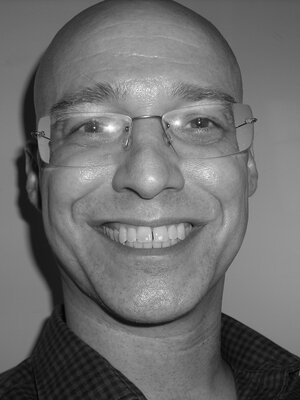
Patrick R. Leland is a lecturer in philosophy, who specializes in early and late modern European philosophy, with a particular research focus on Immanuel Kant (1724-1804). Recent publications and current work focus primarily on Kant’s philosophy mind and—more specifically—on his accounts of concepts and mental representations.
To understand Kant’s accounts of these topics better, Patrick has sought to clarify the technical vocabularies that 18th century German-speaking philosophers used to classify different kinds of mental content. These technical vocabularies were employed in both professional philosophical writings and widely-used university textbooks, including those that Kant used as the basis for his lectures on logic and metaphysics. Patrick has then used this work to clarify both Kant’s use of these technical vocabularies and philosophical claims he formulated in their terms. One particularly important claim, which follows from this approach, is that conceptual content is explanatorily dependent on its contribution to the propositional contents expressed in acts of judgment. That view prefigures non-compositional accounts of mental content and linguistic meaning from the 19th century to the present.
A second, related line of research clarifies the nature and extent of Kant’s commitment to unconscious mental representations. Patrick uses this work to shed light on, first, Kant’s account of representations in non-human animals and, second, the role that the concept of representation plays in Kant’s influential concept of organisms. Patrick’s current research continues to build on this work in various ways.